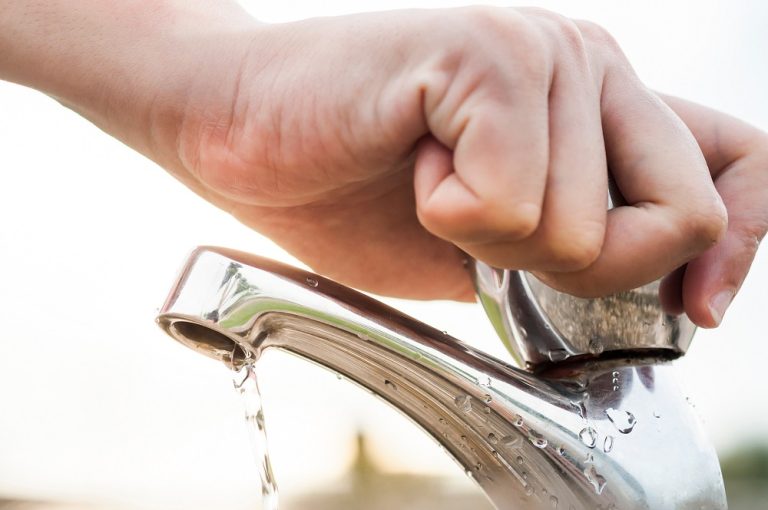The rain is pouring down as I write, making the hot and dry summer a fading memory. With all this rain, it’s easy to forget this year’s droughts unless you still face hosepipe bans, as many still are. Water conservation has never been so critical for the UK.
As part of the government’s 25-Year Environment Plan to reduce personal water use, Defra recently launched a consultation for a UK-wide mandatory water efficiency labelling for products such as taps, toilets, urinals etc. The labelling aims to inform and encourage consumers to purchase more water-efficient products for domestic and business use.
The label that Defra proposes would be similar in design to the current energy efficiency label and show the water flow rate or consumption per cycle. The proposals outline that suppliers will need to assess the water efficiency rating of their products and include the label with the product and in marketing literature.
The crucial area to highlight is that retailers and merchants must make the label visible to the customer, including on showroom room sets, in-store or via the internet and catalogues. This retailer obligation is significant. They could face action from a national enforcement authority if they fail to comply.
The regulations to introduce mandatory labelling will be laid in 2023, with new obligations, particularly on retailers, by 2025. The BMA is analysing the Defra proposals in fine detail and collaborating with its stakeholders to form a response that works for everyone.
Many consumers think sustainably and consciously buy products that save water and energy, particularly understandable with the current economic challenges. Consumers want the choice to live in sustainable and efficient spaces that are beautiful and functional. We really can have it all, and BMA members have engaged in significant R&D in this area to bring a range of easily affordable devices to market to meet water-reducing ambitions.
The Unified Water Label, run by the independent Unified Water Label Association (UWLA), has been adopted by many bathroom manufacturers. This voluntary label echoes the water efficiency sentiments contained in the latest proposals from Defra, proving the growing chorus of support for consumer choice within the sector.
It should be remembered, however, that using water-efficient products alone will not solve a water-scarce future. We need a collaborative effort to educate and inform all consumers to change water-using behaviours, and we need water companies to play their part in fixing leaks and investing in adequate infrastructure for a better water supply.
Regardless of the seasons, we must be more aware of water scarcity and protect our precious supply.
 </
</
